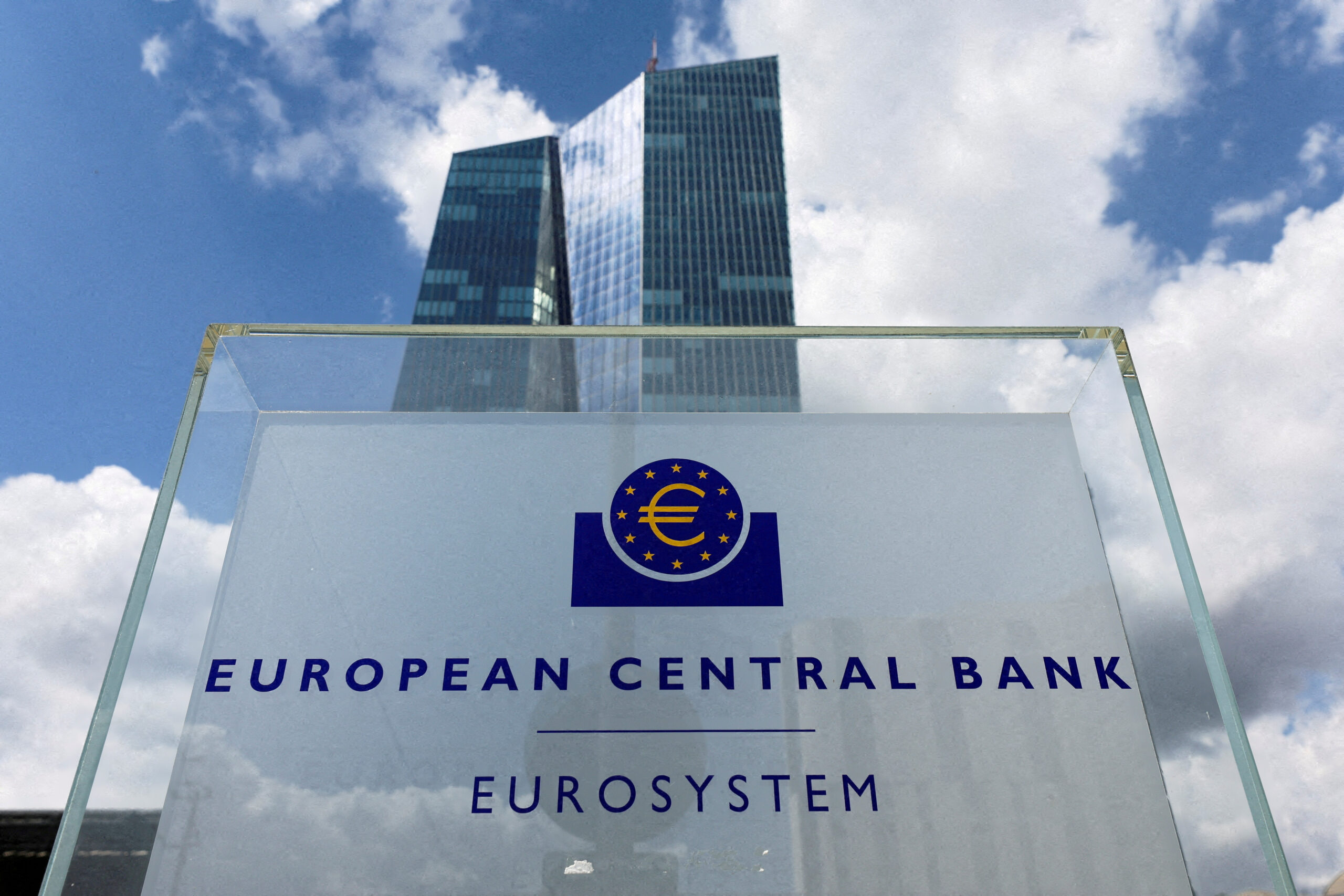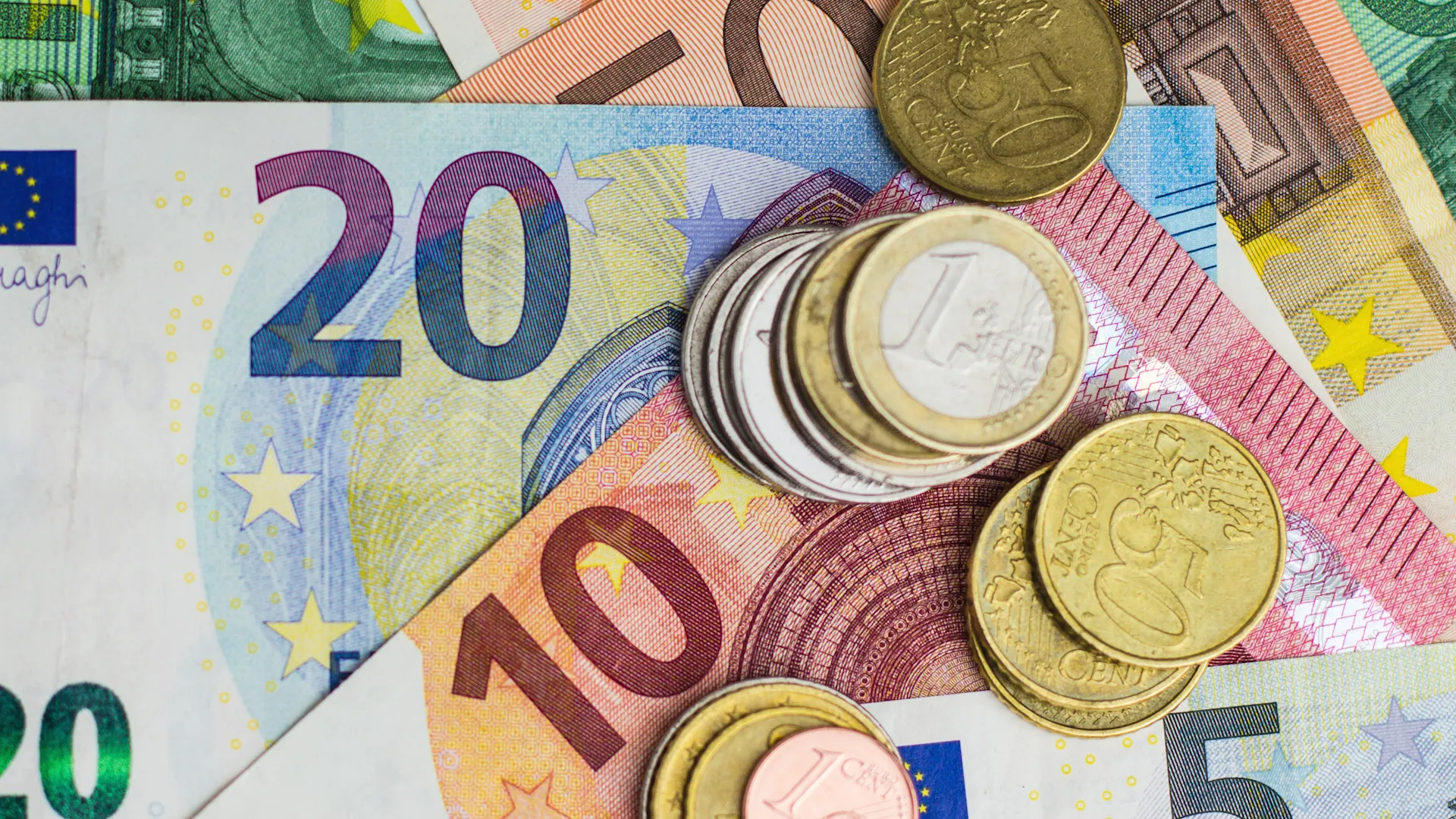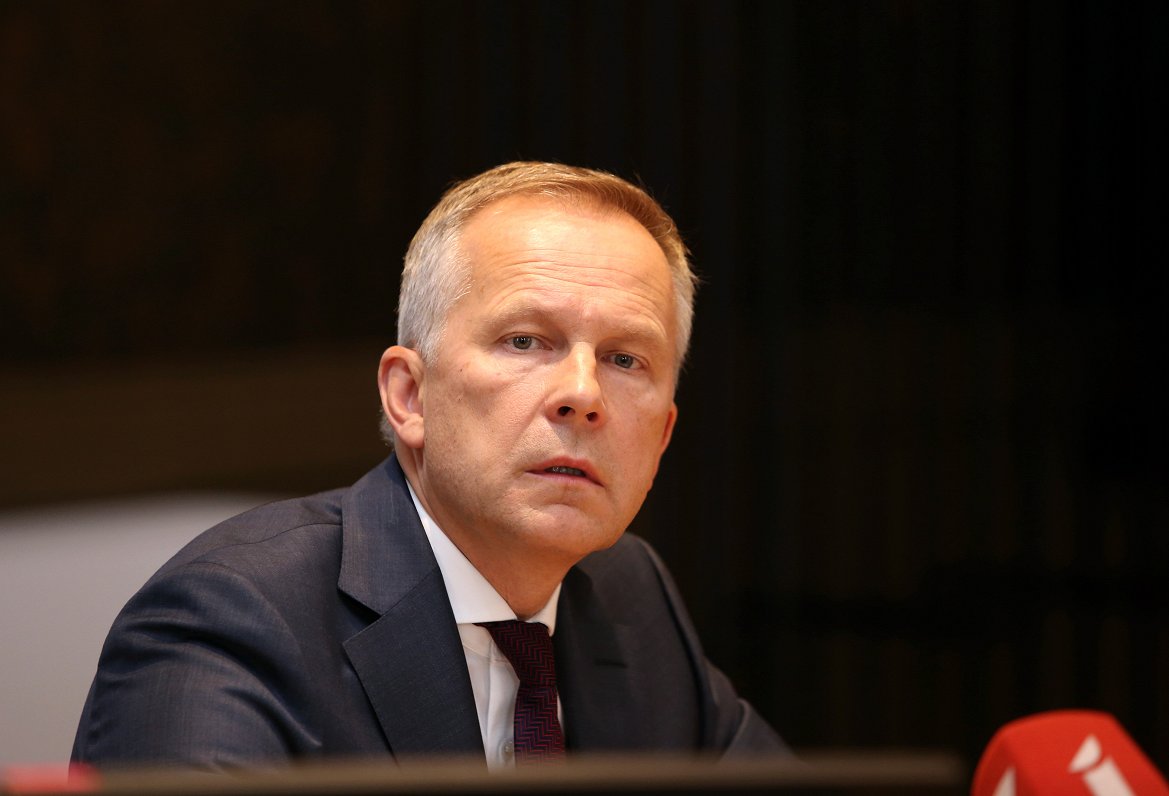The European Central Bank’s (ECB) recent decision to hold interest rates steady at 4% sent ripples through global markets, leaving many wondering what it means for the Eurozone’s fragile economic recovery. While inflation has shown signs of cooling, down from its double-digit peak to 4.3% in September 2023, concerns about a potential recession loom large. This article dives into the key factors behind the ECB’s cautious stance and explores the potential impact on growth and financial stability.
Balancing Act: Taming Inflation vs. Supporting Growth
The ECB’s primary mandate is to maintain price stability, aiming for an inflation target of 2%. However, the path to achieving this has been riddled with challenges. The war in Ukraine triggered a surge in energy prices, fueling inflationary pressures across the Eurozone. To combat this, the ECB embarked on a series of rate hikes, the most aggressive in its history. Yet, higher borrowing costs also risk stifling economic activity, particularly in vulnerable sectors like construction and hospitality.
Economic Clouds on the Horizon
The latest economic data paints a mixed picture. Business activity in the Eurozone has weakened, with the Purchasing Managers’ Index (PMI) dipping below the 50 threshold that separates expansion from contraction. Consumer confidence indicators also point towards a cautious outlook. The outbreak of the conflict in the Middle East adds another layer of uncertainty, potentially disrupting energy supplies and impacting trade flows.
ECB’s Cautious Pause: Buying Time or Signaling a Shift?
The ECB’s decision to hold rates steady reflects a delicate balancing act. While acknowledging the progress made in curbing inflation, policymakers expressed concerns about the deteriorating economic outlook. Christine Lagarde, ECB President, emphasized that the Governing Council remains “data dependent” and will adjust its policy stance as needed. This suggests that the pause could be temporary, with further rate hikes on the table if inflation shows signs of reigniting.
Implications for Growth and Financial Stability
The immediate impact of the ECB’s decision is likely to be supportive of economic activity. Lower borrowing costs can provide a temporary boost to businesses and consumers, potentially mitigating the downside risks of a slowdown. However, the longer-term outlook remains uncertain. If inflation proves more persistent than anticipated, the ECB may be forced to resume rate hikes, dampening growth prospects.
Global Financial Markets React with Cautious Optimism
Global financial markets reacted positively to the ECB’s decision, with European stocks extending their recent gains. The Euro weakened slightly against the US Dollar, reflecting ongoing concerns about the Eurozone’s economic vulnerability. Nevertheless, the relative calm in markets suggests that investors appreciate the ECB’s cautious approach, recognizing the need to navigate the current economic turbulence with prudence.
Conclusion: A Crossroads for the Eurozone
The ECB’s decision to hold rates steady marks a critical juncture for the Eurozone. While a sigh of relief may be warranted for businesses and consumers facing headwinds, the path ahead remains challenging. Balancing inflation control with economic growth will be a delicate dance for the ECB in the coming months. The success of this balancing act will ultimately determine whether the Eurozone can navigate the current uncertainties and emerge on a path of sustainable recovery.



